Archives can function in ways that are harmful to the individuals and communities they represent. They are sites of bureaucratic violence where “decisions are made, knowledge is created, and power is exerted in ways that affect the everyday lives of citizens”.[1]
From family albums, legal proceedings, memorial, and art—join artist Raphaela Rosella alongside several of her co-creators as they discuss what a co-created archive can do when creatively resisted by the people it seeks to represent, oppress, marginalise, or criminalise.
You’ll Know It When You Feel It is a socially engaged art project that seeks to resist bureaucratic representations of women whose lives intersect with the prison industrial complex.
Co-created by Raphaela Rosella alongside several women in her life, this intimate work has emerged over fifteen years. From photographs to phone calls, the multi-authored exhibition examines the value of their co-created archive as a site of resistance.
[1] Eldridge and Reinke, “Introduction: Ethnographic Engagement with Bureaucratic Violence.”, 94.
COVID-19 Advice
The IMA strongly encourages mask-wearing onsite in the galleries and for events to keep our community safe. If you are displaying symptoms of COVID-19 or are feeling unwell, please stay home.
Accessibility
We are committed to making the IMA accessible to people of all abilities, their families, and carers, as well as visitors of different ages and different backgrounds.
The gallery entrance is on the ground floor of the Judith Wright Arts Centre, on Berwick Street. There is wheelchair access and an accessible toilet with baby changing facilities also located on the ground floor, and we welcome guide and support dogs.
To find out more, contact us at ima@ima.org.au, call (07) 3252 5750, or ask our friendly staff on-site. Read our access information for visitors here.
Raphaela Rosella and Nunjul Townsend, ‘Nunjul’, 2012.















